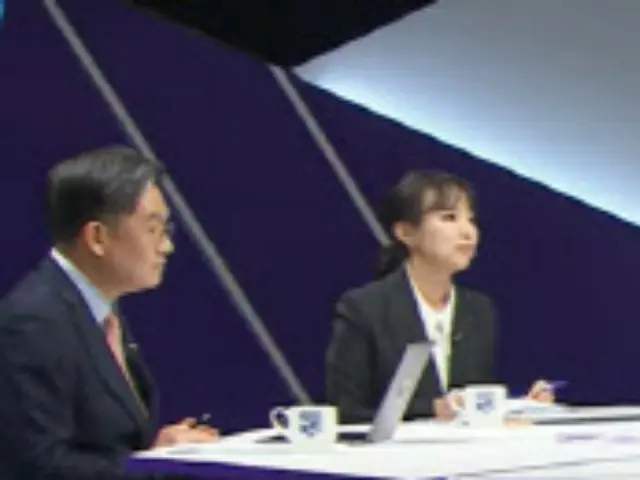At midnight on the 20th, Kim Yoon, professor of medical management at Seoul University School of Medicine, appeared on MBC's ``100 Minute Debate'' and said, ``The Korean Medical Association is 2
Since 2000, doctors' strikes have failed the Korean government's policies every time. He seems to think that he can once again fail the decision to increase the number of students in medical schools.''
The trial period could last as short as two to three months, and as long as six months or more." Furthermore, Professor Kim said, ``This time too, we will give in to the strike by the medical association and fail to increase the number of admissions to medical schools.''
"I don't know when we will be able to discuss the issue of increasing medical school capacity again in the future," he said, adding, "The pain and harm we will experience during the strike is outweighed by the inability to increase medical school capacity."
"The harm that the people will experience as a result of this is likely to be far greater." The debate that day attracted attention as it was the first public debate between the Korean government and the medical community. However, each other's position
I finished the test with only the differences confirmed. Yoo from the Ministry of Health and Welfare appeared as a representative of the government in this TV debate, which was held on the themes of ``conflict over increasing medical school enrollment'' and ``medical chaos.''
Jung-min, head of the strategy team at the Central Accident Response Headquarters, said, ``It is expected that there will be a shortage of doctors in the future,'' adding, ``The gap in community medical care and essential medical care is already causing (patients) to be unable to receive treatment when they want it.''
"We must prepare for a sharp increase in medical demand due to the rapidly aging population," he said, explaining the background to the increase in personnel.
Lee of the Gyeonggi-do Medical Association appeared as a representative of the Korean Medical Association.
Chairman Dong-wook said, ``The number of births is decreasing, and even if we keep the capacity of medical schools unchanged, the (relative number of doctors) will increase further in the future.''
There must be,” he pointed out. They argue that the usage of medical institutions in South Korea is 2.5 times the Organization for Economic Co-operation and Development (OECD) average, which is sufficient. Furthermore, “Issues of redistribution of patients and redistribution of doctors
It's not an urgent matter." It has been pointed out that the problem of increasing the number of students in medical schools has become a black hole sucking in the mounting issues of medical reform. Cho from the Department of Preventive Medicine at Gachon University
Professor Ng Jae-hoon said, ``The debate about increasing medical school capacity is eating into all other policy discussions,'' adding, ``Doctors and the government must cooperate over the long term, but as they are currently doing, they are not working on the policy side.'' friction
"There are concerns about whether we can discuss ways to develop essential medical care in a situation where this is occurring." The South Korean government believes that increasing the number of medical school students will not solve all problems. Yuchi
Chief Mu said, ``We're not just saying we're going to increase the number of doctors,'' he said, ``We need policies to create hospitals with the capabilities of the so-called 'Big 5' in the region and to ensure that they are staffed with quality personnel. Regional
We will work together to promote policies that eliminate disparities in health care and essential medical care." On this day, Chairman Lee expressed concern that ``the system of community doctor system may result in selecting doctors with significantly lower grades.''
ing. Chairman Lee also pointed out the disparity in education, saying, ``Even though we are Korean students, those who are 20th or 30th in their class end up going to medical school because they live in rural areas.''
2024/02/21 07:04 KST
Copyrights(C) Edaily wowkorea.jp 107

